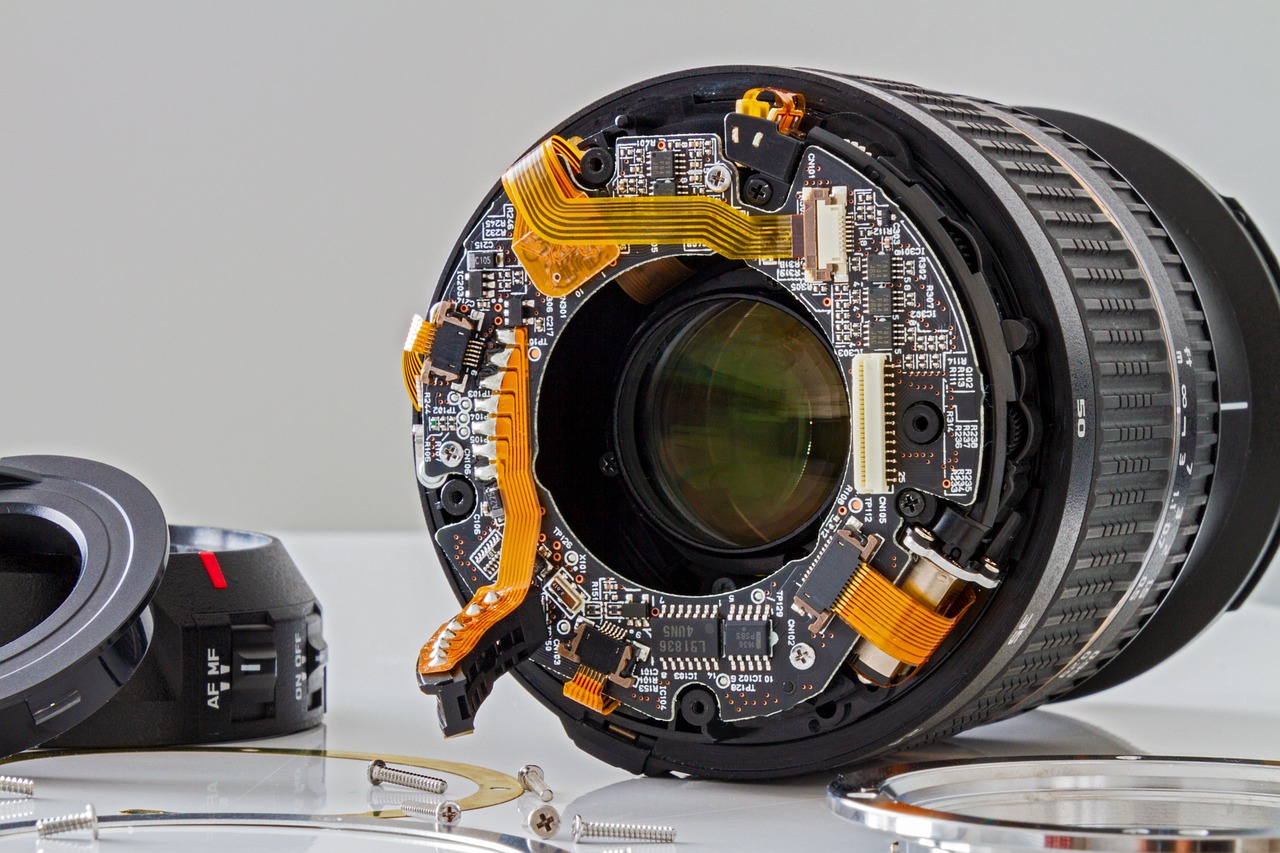Tech Solutions for Ocean Conservation: Marine Drones, Coral Restoration, and Plastic Pollution Monitoring
Marine drones have emerged as powerful tools in the realm of ocean conservation. These high-tech devices are equipped with advanced sensors and cameras that can capture valuable data about marine life and habitats. By deploying marine drones, researchers and conservationists can conduct surveys, monitor wildlife populations, and track environmental changes in remote or hard-to-reach areas of the ocean.
One key advantage of using marine drones for ocean conservation is their ability to operate efficiently and autonomously. These unmanned vehicles can cover large distances and collect data continuously, providing researchers with a wealth of information to inform conservation efforts. With their versatility and precision, marine drones are revolutionizing the way we study and protect the marine environment.
Marine Drones and Their Role in Ocean Conservation
Marine drones have become indispensable tools in the realm of ocean conservation. Equipped with state-of-the-art technology, these unmanned aerial vehicles are revolutionizing the way researchers and conservationists monitor marine ecosystems. With their ability to reach remote locations and collect real-time data, marine drones offer valuable insights into the health of our oceans like never before.
One of the key roles that marine drones play is in combating illegal fishing activities. By patrolling vast stretches of open water, these drones can detect and track unauthorized fishing vessels, helping authorities intervene and protect marine biodiversity. This proactive approach not only deters illegal activity but also ensures a more sustainable future for our oceans.
What are marine drones?
Marine drones are autonomous or remotely operated vehicles specifically designed for use in the ocean. They are equipped with various sensors and cameras to collect data and perform tasks in the marine environment.
How do marine drones contribute to ocean conservation?
Marine drones play a crucial role in ocean conservation by monitoring marine life, mapping underwater habitats, detecting illegal fishing activities, collecting data on ocean health, and responding to environmental disasters.
What are some of the benefits of using marine drones in ocean conservation efforts?
Some benefits of using marine drones include their ability to reach remote or dangerous areas, their cost-effectiveness compared to traditional research methods, their non-invasive approach to studying marine life, and their potential for real-time data collection.
Are marine drones environmentally friendly?
Yes, marine drones are designed to minimize their impact on the marine environment. They are typically powered by rechargeable batteries and are equipped with sensors to avoid collisions with marine life.
How are marine drones controlled?
Marine drones can be controlled remotely by operators on land or on a nearby vessel. They can also be programmed to follow pre-determined routes or to autonomously navigate the ocean environment.





